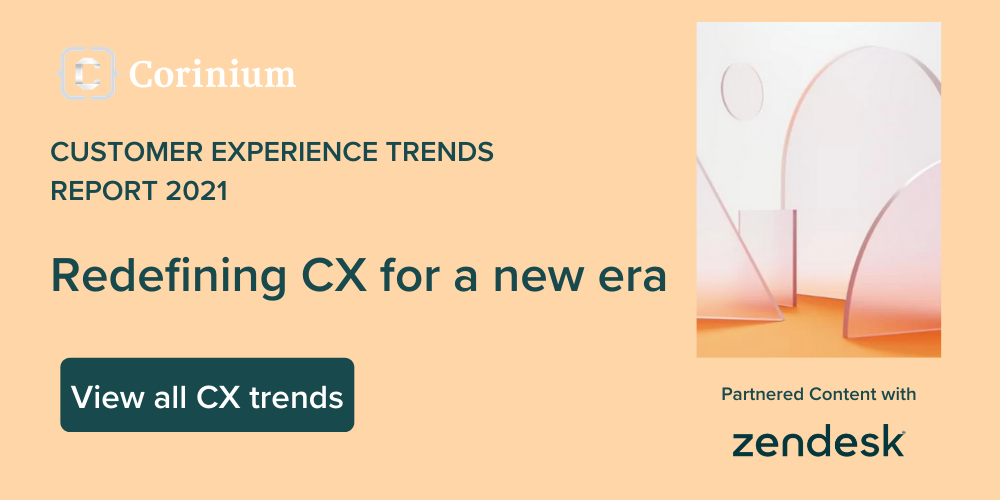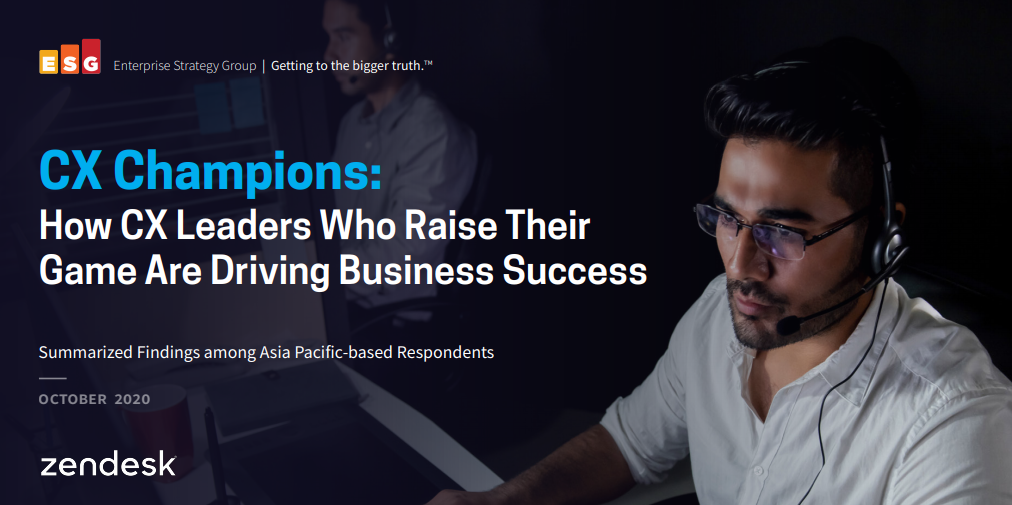My key focus area is, and has always been, how the customer experience is founded upon the employee experience because I believe that focussing on your employees ultimately benefits your customers.
“Clients do not come first. Employees come first. If you take care of your employees,
they will take care of the clients.” – Richard Branson
Customer experience has been studied in such depth, and so much data generated, that it’s become more akin to science than psychology. We talk about systems, processes, surveys, insights… all of which are valuable and worthwhile. However, none of these means anything if they do not include people.
There are processes and how our customers choose to engage with us. There are products and how our customers choose to use these. But at the base of it all, there are our people. And if this base is not built on strong foundations, with people as cornerstones, nothing we attempt to construct will remain standing over time.
You might have superb systems, world-beating tech and cutting-edge design, but if you don’t have highly engaged people, you’ve most likely lost your key to success.
Integral connection
The employee experience is seldom explored as an important aspect because it’s viewed as distinct and disconnected from the customer experience, and yet the two are inextricably linked. Companies that understand this are well on their way to the 360-degree solution that encompasses both happy employees and happy customers.
The employee experience usually falls within the ambit of HR, whereas it should also reside within the customer experience space. It is vital that customer experience officials grasp what is happening internally with their employees.
Executive buy-in
Sometimes, very little is said about the influence of people, while it is actually the most important aspect. A great company distinguishes itself from a good one by understanding that people are at the core of everything. If a CEO is not aligned to this way of thinking, it is incumbent upon the customer experience custodian to fight even harder for a seat at the HR table, and to make it a permanent and significant one.
It’s a different matter entirely if a CEO buys into this way of thinking because then they will constantly be foregrounding matters related to employee experience, and driving alignment. This is not yet a commonly held belief system, but one that customer experience custodians need to prioritise as a matter of urgency.
Most important customers
Employees are our most important customers because they can provide crucial insights into the overall customer experience. But they are often overlooked or neglected, and most companies do not view them as valuable assets – either in terms of providing insights into the customer experience, or as brand ambassadors.
It’s baffling why organisations provide their internal workforce with different products and experiences than they offer their customers. This is especially common in the financial services industry. For example, if you work at a financial services provider, or a bank, then you might bank with that institution, but your customer journey would be different to that of a member of the public, because you’d be dealing with other people, have access to different deals, interest rates, etc. This might be great and convenient for employees, but it means they don’t gain first-hand experience of the customer journey, and what works and doesn’t work from a customer perspective. It should be a fundamental requirement that they live the customer journey because then they’ll be able to empathise with individual customers’ circumstances when they find themselves in a customer-facing environment.
How to start differentiating
If we set employee experience apart from customer experience, we miss an opportunity by creating these “shelters” that we call the employee value proposition. These are about creating a business that employees are proud to be ambassadors of. By building exceptional products, systems and processes that excite them, they’re made to feel part of something bigger that holds the decisive competitive advantage. When you take your employees along on the journey of your organisation… that is when you start differentiating.
If your employees are fully engaged, they build understanding – not only of products but also of people and their experiences as customers. This knowledge becomes embedded over time and it creates a much richer and more nuanced process around customer experience. Not only are your employees able to follow a process, or explain a product to a customer, but they also know what the organisation is aiming to achieve through each of those interactions. They have a clear idea of their place in the larger picture, and they understand how it will ultimately impact the bottom line.
Employees will engage fully when they understand the strategy, the customer focus and the ultimate profit, sales or service goals. They will feel motivated to deliver the best experience, and to keep improving. They will truly live the brand and help to evolve customer interactions over time. In this manner, they start to own the entire process. This will happen right across support environments, decision makers, front line consultants – everyone will understand what your true north is, and they will drive towards it.
The magic element
Understanding and a sense of ownership, plus personal responsibility, equates to the magic element of discretionary effort – going the proverbial extra mile.
Now you have employees who will go out of their way to resolve queries, fix defects or quickly get systems back online. These types of actions make a huge difference to a customer’s experience when engaging with your organisation. Ultimately, CX is the sum of many different actions performed consistently over time, based on a foundation of intent, and this intent is defined by the business and CX officers.
All instances of discretionary effort that impact a customer’s experience create powerful memories and will most likely keep them coming back. This builds brand loyalty and revised perceptions of that brand. It will be entrenched in your customer’s memory, last over time, withstand potential issues that might arise, and turn them into brand ambassadors.
At a human level
You would have heard it said that you should treat your internal customers on a par with your external customers, but I believe this not to be the case – you should treat your internal customers better… in a far more meaningful and focussed way. They deserve the benefit of more time, effort and clarity in order to deliver the kind of customer experience that is required to gain the competitive advantage in CX.
There is so little that differentiates one organisation from another – there is arguably only the CX space. This is why it deserves singular focus. When customers engage digitally they are focused on a transactional process. When something goes wrong, a customer does not want to engage with a machine – they want to talk to a person, either via live chat, or face to face. That person has the potential to determine the customer’s future concept and perceived value of the brand, and potential future relationship with that brand. So, no matter how extraordinary the digital landscape or automation is, longevity is determined by these interactions that take place on a human level. Ensure that your employees will make them count.








